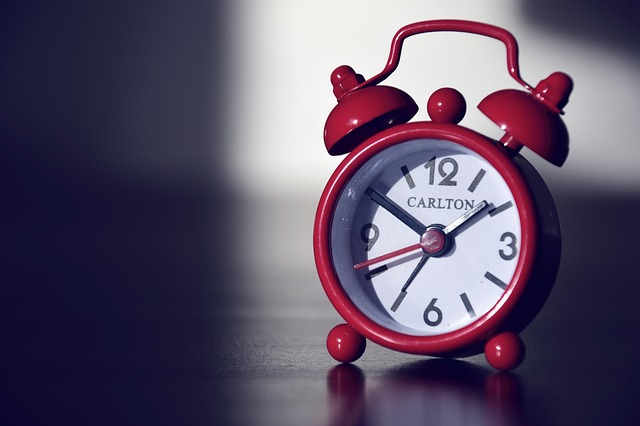
Unless you work for yourself you probably find yourself getting up earlier than you’d prefer for time to time. Or every single day. Especially if you’re not a morning person to begin with and waking up to an alarm can be just downright painful. According to the National Sleep Foundation, 60 percent of us wake up groggy. There are some ways to make the experience a little less brutal however. Here’s how.
Stop the Snoozing
In theory it sounds like allowing yourself to hit the snooze a few times will let you warm up to the idea of getting up while slowly coming into consciousness, but this doesn’t seem to be true. It might be more like the band-aid concept where it’s better to get it over with in one swipe even if it hurts a little for a moment. The problem with snoozing that once you’re awake you’ve come out of the deep restful state of sleeping even if you fall back asleep for minute to snooze. You’re better off setting your alarm for the exact moment that you need to get up than giving yourself the freedom to hit pause a few times.
If the problem is that you just shut off your alarm and go back to sleep, start putting your alarm on the other side of the room so that you have to get up to turn it off. Yes, even if your alarm is your phone. It’s a good habit to get into for falling asleep anyway, since you don’t need your phone or its light by your side distraction you as try to sleep.
Keep a Schedule
Now for anyone with a life (or a job, or a kid, or a pet) it’s not going to be possible to stick to the exact same bedtime and waketime all the time, but whatever you can do to stay in the same ballpark will really help you out. The weekends are what throw a lot of us off making Monday mornings rough. Aim to stay as close as possible to your weekday sleep hours and you might notice a positive difference in your energy levels. Instead of sleeping in on the weekend, go for an afternoon nap which is less likely to disrupt your schedule.
Wake Up Using a Sleep Tracker
If you’re having a hard time finding your wakeup groove, you might want to consider using a sleep tracker on an activity tracker such as FitBit. When you sleep with these on your wrist it will keep track of the different levels of sleep that you’re in based on things like how much you’re moving around. You can tell the tracker to wake you up within a 30 minute window at the time when you’re in a lighter phase of sleep which will be a lot less painful than waking up from a deep sleep.
If all else fails, try splashing your face with water and drinking a glass of water to get the system moving.

The snooze could be hard to give up but that makes sense why it’s not the most productive option
Me every single day
For me just biting the bullet and chugging some coffee is the only way to go
sleeeeeep
Now that is an interesting fact about the fitbit